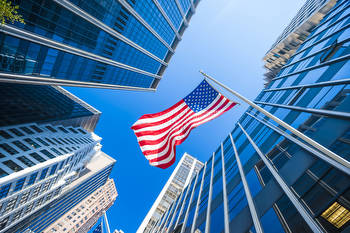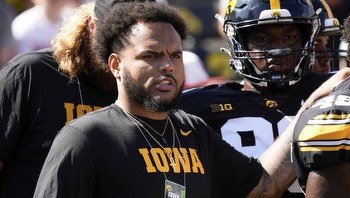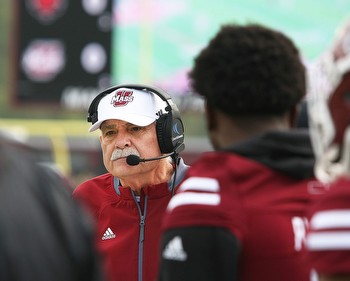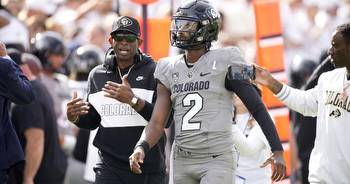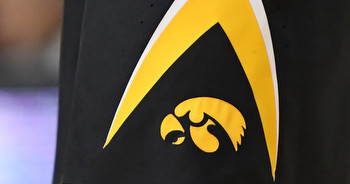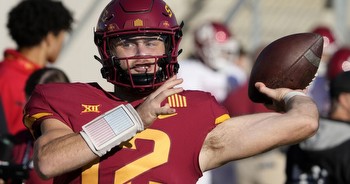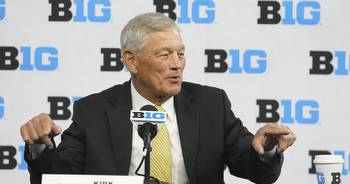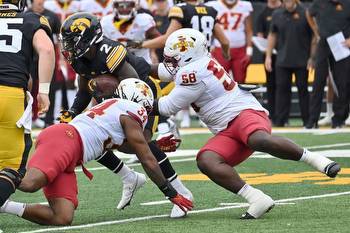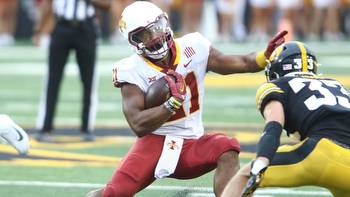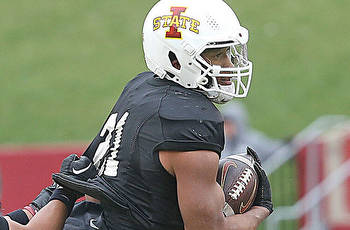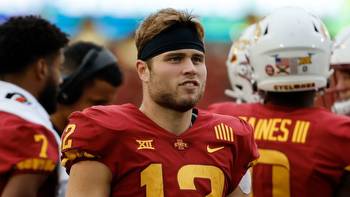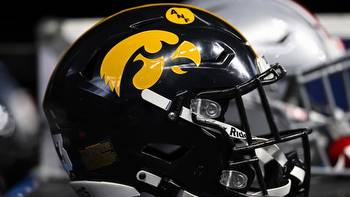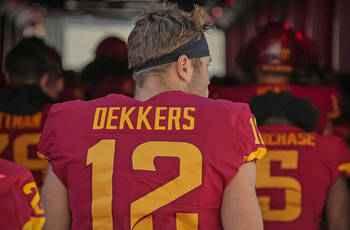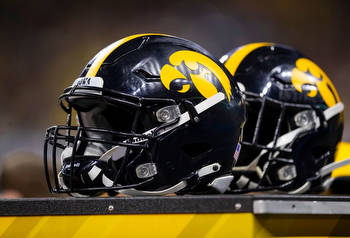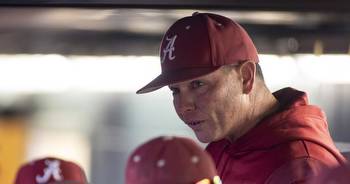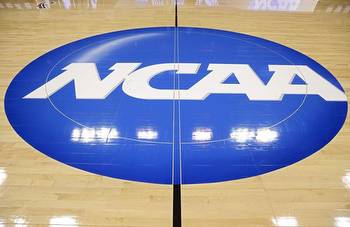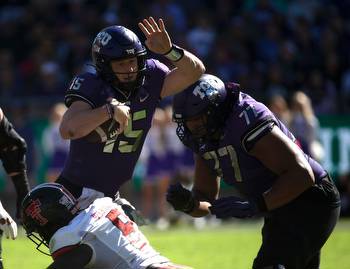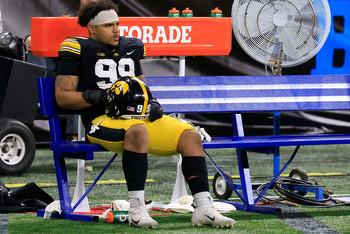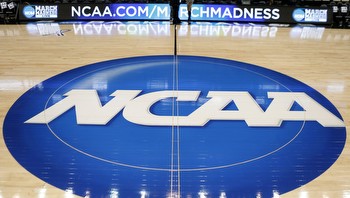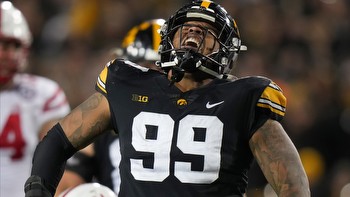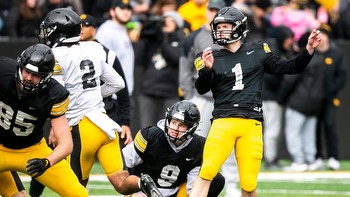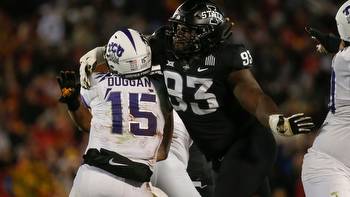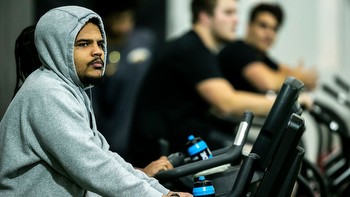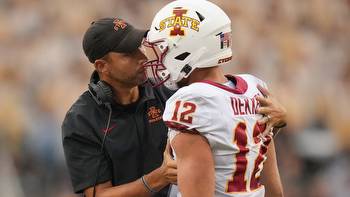NCAA Updates Sports Wagering Penalties
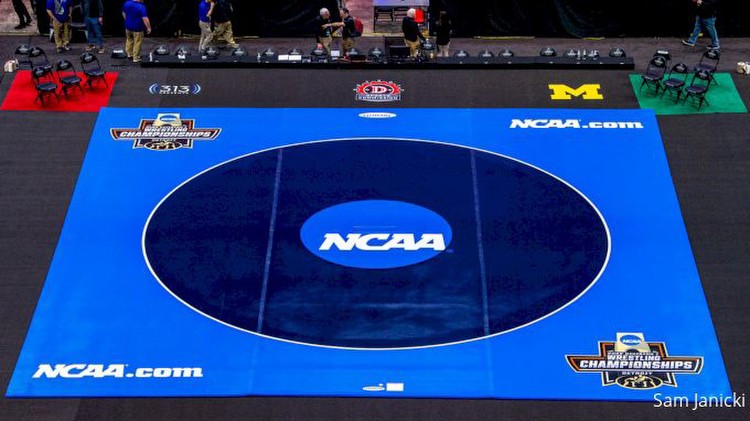
The NCAA announced Wednesday that its Division I Council Coordination Committee adjusted the sanctions for student-athletes involved in sports wagering, handing down one-year suspensions to those who bet on other teams at their own schools rather than a permanent loss of eligibility.
The ruling came a little more than a month after the Collegiate Commissioners Association directed the D1 committee on student-athlete reinstatement and legislative committee “to reexamine the legislation and application of reinstatement guidelines for student-athletes who engage in sports wagering.”
At that time, it appeared the NCAA was considering a three-strike policy for those who don’t wager on their own teams with the first strike resulting in education on sports wagering rules and prevention rather than a loss of competition time.
Instead, the D1 Council Coordination Committee issued the one-year ban, which also comes with a one-year loss of eligibility that prevents athletes from serving the suspension while in a redshirt season.
More than 40 student-athletes across several sports, including wrestling at Iowa and Iowa State have been involved in the state Division of Criminal Investigation’s sports gambling probe.
In August, the University of Iowa announced that 11 current student-athletes were facing a loss of eligibility. The news release came roughly three months after the school revealed that at least 26 student-athletes in five sports, including wrestling, were under investigation. The school has not released the identities of those involved or their punishments, citing privacy laws.
However, Iowa 174-pound All-American Nelson Brands and 184-pound NCAA qualifier Abe Assad told The Des Moines Register on the team’s media day last month that they were facing NCAA suspensions.
The Hawkeyes opened the season Saturday night with a 40-0 win at California Baptist. Several returning starters were absent from the lineup.
“It’s been excruciating, that’s all I can really say,” Brands said. “You’re dealing with something you don’t really know and you kind of feel like you’re getting hit in the back a little bit and you didn’t affect the integrity of the sport. Hopefully things come to light, hopefully things show and hopefully the NCAA really does have the student-athlete’s welfare in the back of their mind.”
While the NCAA provided clarity about penalties for student-athletes betting on teams at their own institutions, details on the full impact for Iowa and Iowa State wrestling are still forthcoming.
The Division I Council Coordination Committee on Wednesday adjusted the guidelines for student-athlete reinstatement cases in which student-athletes wager on other teams at their own schools. An adjustment to reinstatement guidelines was requested by the Conference Commissioners Association in early October and was supported in concept by the Division I Council at its Oct. 4 meeting.
Effective immediately, reinstatement guidelines for student-athletes who wager on teams at their school — excluding their own team — will start at requiring one season of ineligibility and a loss of one year of eligibility. Student-athletes will also be required to participate in sports wagering rules and prevention education as a condition of reinstatement. Previous guidelines, as approved in June, prescribed permanent ineligibility for those cases. The adjusted guidelines may be applied to cases in which student-athletes are currently serving suspensions related to wagering on a different team at their own school that were reported on or after May 2, 2023.
"To be clear, Division I members do not encourage student-athletes to engage in sports wagering at any level, and the actions today to modify reinstatement conditions should not be interpreted as support for wagering behaviors," said Jon Steinbrecher, chair of the Council Coordination Committee and commissioner of the Mid-American Conference. "NCAA members continue to prioritize integrity of competition and felt that reinstatement conditions for violations of wagering rules should reflect that focus and, when possible, also accommodate opportunities for preventative education."
The adjustment to reinstatement guidelines is the first step in membership action to review NCAA rules around sports wagering more broadly. Under current NCAA rules, it remains impermissible for student-athletes, coaches and athletics administrators to engage in sports wagering in any sport sponsored by the NCAA, including collegiate and professional sports.
"The council agreed with Division I commissioners that the reinstatement conditions for wagering violations in limited circumstances should be adjusted," Steinbrecher said. "Member schools need to fully examine NCAA wagering legislation overall — particularly in light of changes in recent years to federal and state laws — but the council agreed that additional changes should not be made until potential changes to rules are contemplated."

